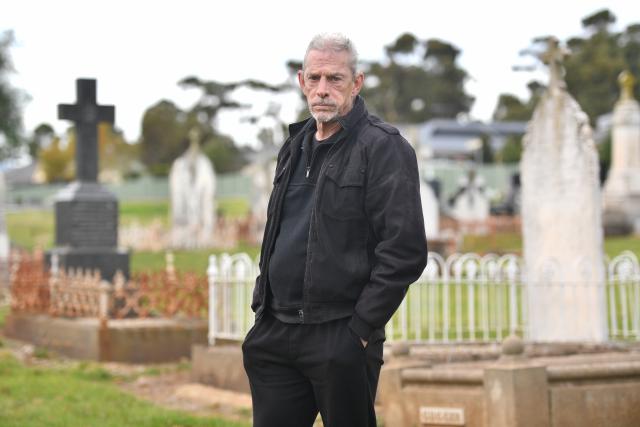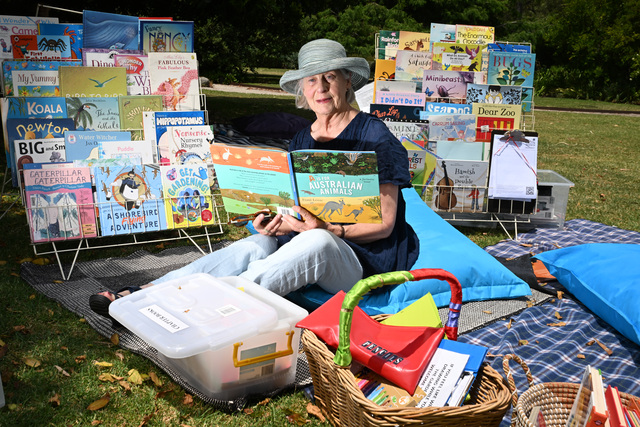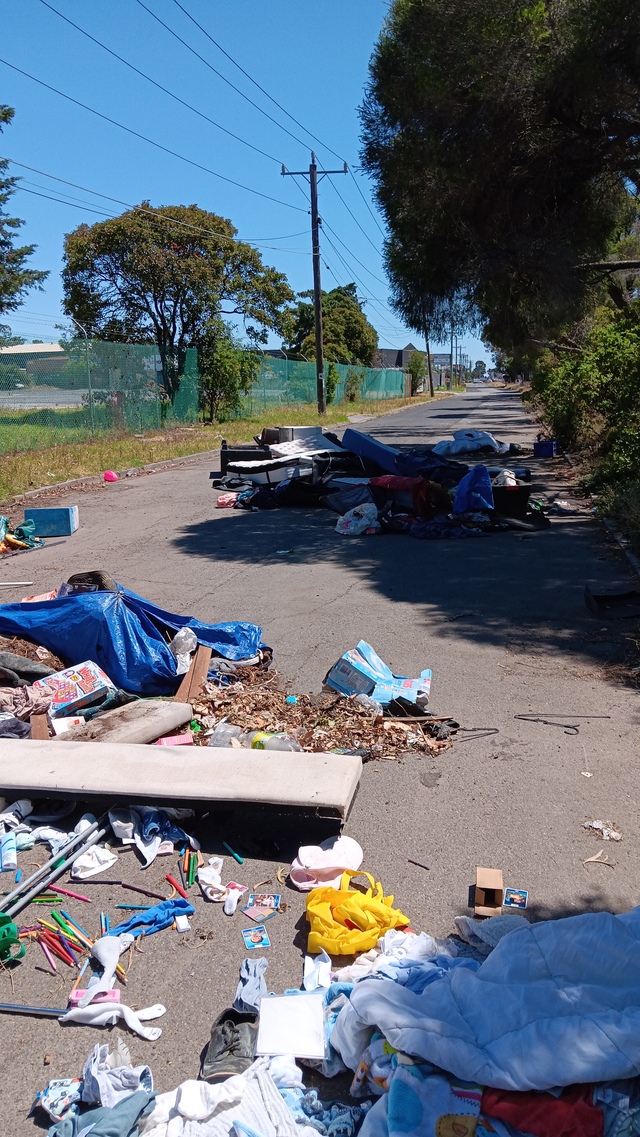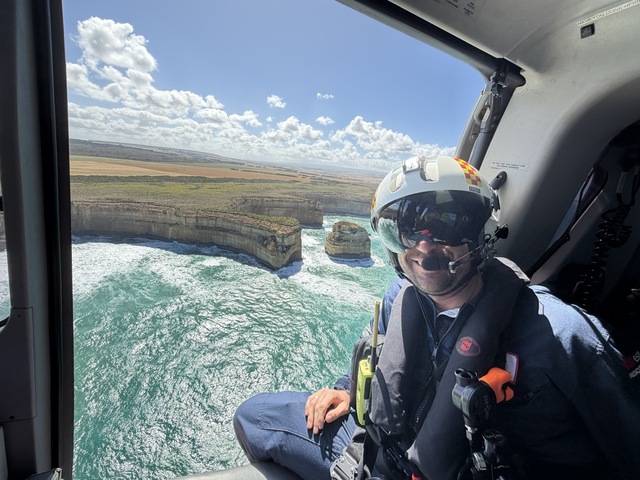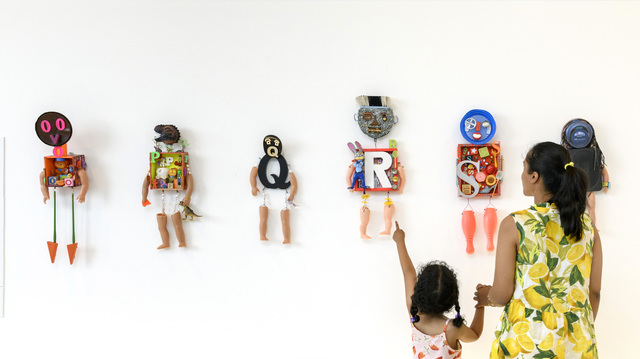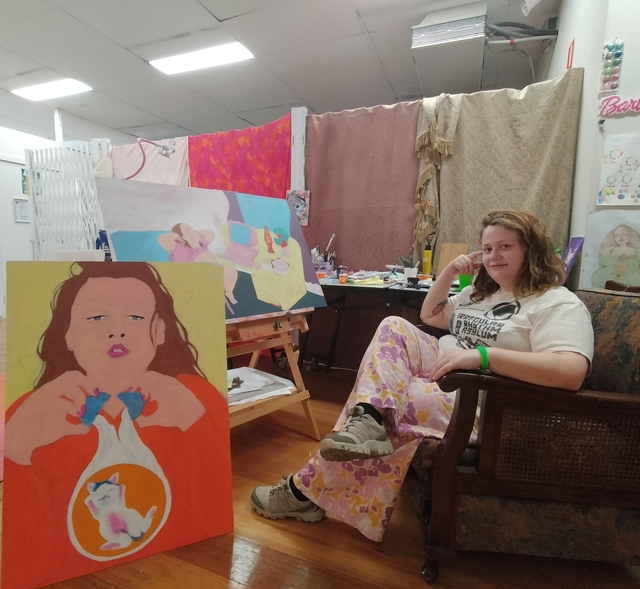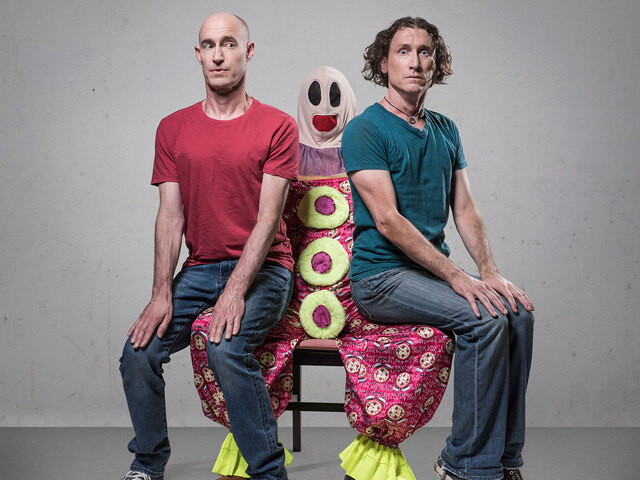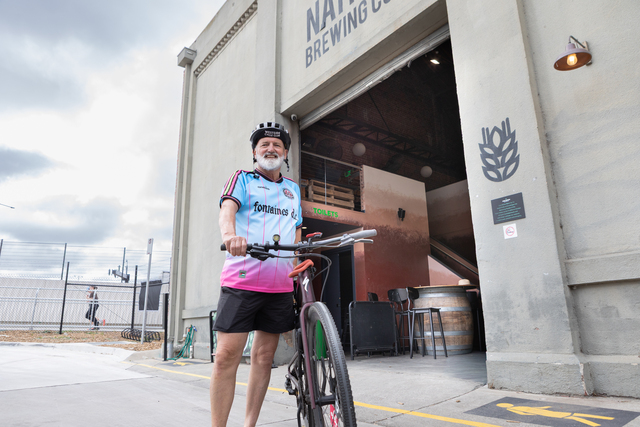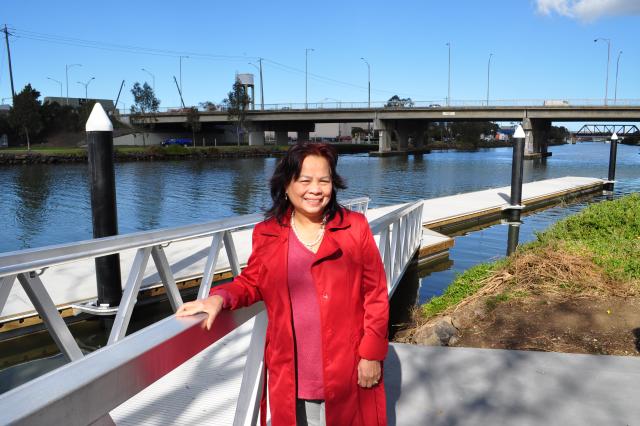When David Cail’s younger sister Leanne heard he was still paying $43 a fortnight from his pension for a funeral insurance plan he signed up for 20 years ago, she couldn’t believe it.
“It comes out of his food budget – there’s been times where he’s been living off a loaf of bread,” she said.
Her brother is a 63-year-old disability pensioner from Sunbury, and after recovering from two debilitating bouts of Non-Hodgkin’s lymphoma since 2014, was this month diagnosed with terminal cancer in his brain.
In the early 2000s, David saw an ad for funeral insurance on television. As a single man with no kids or partner he thought signing up for a $15,000 plan would take the burden off his family.
But he still pays premiums to TAL Insurance company, years after he had paid $15,000. To keep his access to the $15,000 plan, David will have to pay premiums until he turns 90, or dies.
“You kind of think, hopefully I’ll die soon, that way they’re not going to get any more money and they’ll have to pay it out,” he said.
He said even though it might have been in the fine print, he didn’t realise what would be required of him for decades.
The disability pensioner said he contacted the company a couple of years ago to see where he was at with his payments. As a former actor who now sometimes relied on food banks to survive because of his cancer, he asked to be given back the money he’d paid, so he could put it aside himself and accrue interest.
Later, David said he took out a $4000 plan for his elderly mother, in addition to his $15,000 plan.
Documents seen by Star Weekly show David has paid more than $20,500 in premiums for the two plans. He no longer pays her premium as she is over 90 years old.
When he asked if he could transfer his $15,000 into a better plan, he said they told him no – he would have to start from scratch.
“Every fortnight, on my pension week, they take it out – $43.68.”
Since Star Weekly raised the issue with TAL, the company has reached out to David to renegotiate his plan, but had not provided the offer in writing when Star Weekly went to print.
A TAL spokesperson said the company takes “very seriously” the importance of ensuring customers understand the products they purchase and the difference between insurance products and savings products.
“Insurance works to cover the financial impacts of a specific event through a collective risk pool which covers the cost of all customer claims,” the spokesperson said.
However, according to Financial Rights Legal Centre, many people who sign up for funeral insurance end up paying more in premiums than the benefit paid upon their death.
The issue of funeral insurance has been thrust into the public spotlight recently after the collapse of Youpla, formerly the Aboriginal Community Benefit Fund.
The Consumer Action Law Centre (CALC), which provides free legal advice and pursues litigation on behalf of vulnerable consumers across the state, describes funeral insurance as a “problematic product”.
CALC assistant director Cat Newton said, “funeral insurance is junk”.
“For every $1 people pay in premiums, a paltry 29 cents is paid back to customers in claims across the industry,” Ms Newton said.
“Anyone misled or concerned about their funeral insurance should seek legal advice, and can make a free complaint to the Australian Financial Complaints Authority.”
If David lives until he’s 90 and continues on his current plan, he will pay $43.68 a fortnight for 27 years.
Calculating the number of fortnights in those approximately 1400 weeks, he will have paid more than $30,000 to TAL.
The TAL spokesperson said the company “takes great care” to identify where customers may be vulnerable.
“We have a range of support options available for customers whose circumstances have changed. We encourage our customers to reach out and discuss those options with us,” the spokesperson said.
David said he hopes his story leads to better regulation of the industry, and shows others in a similar situation they are not alone.
“It’s $44 dollars I could have for more medication, when I need it. Or $44 to buy groceries that I really need,” he said.

